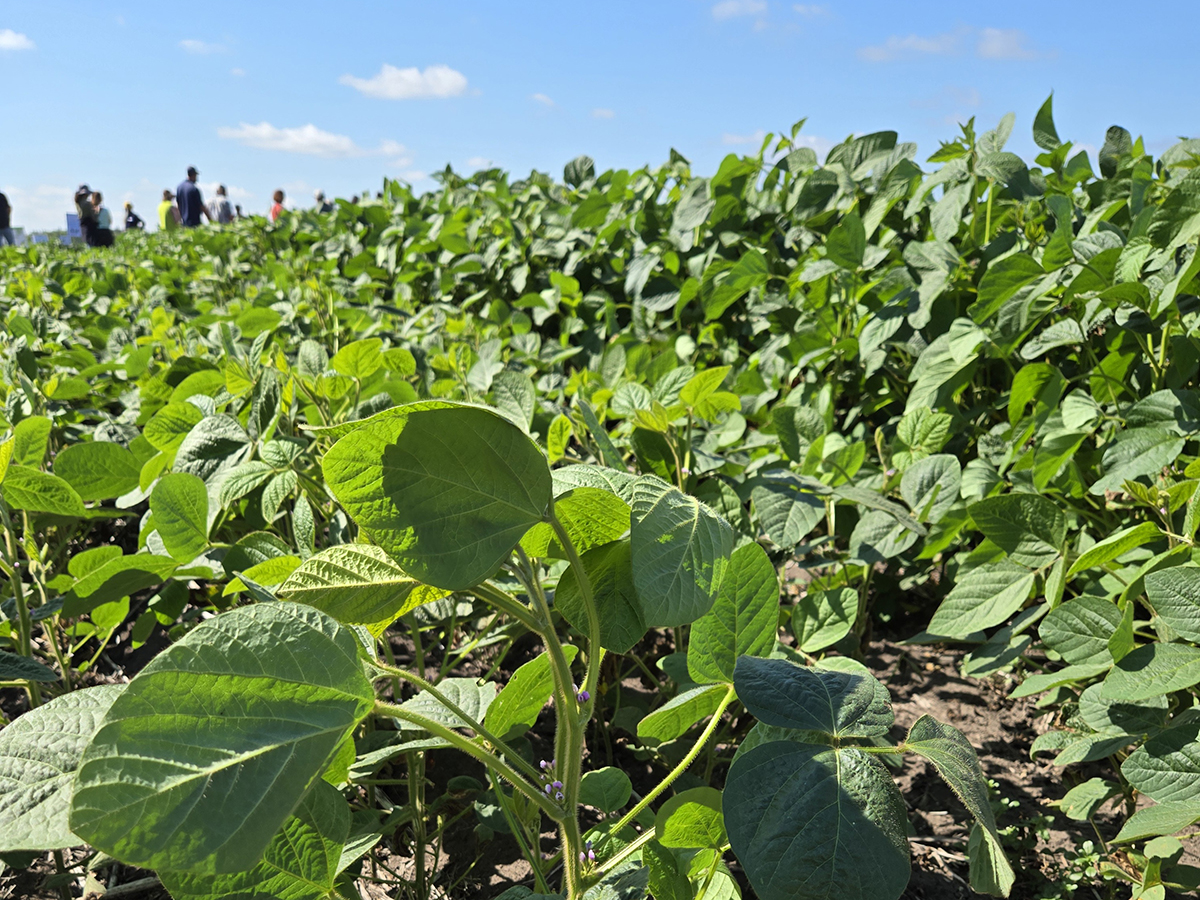opinion
War is never pretty and always risky. That applies to a so-called “trade war” just as much as to real wars. But it’s also unfortunately true, in both cases, that sometimes war is necessary.
Another similarity is that sometimes an early show of force can make the other side come to its senses and avoid a greater conflict.
For such reasons, it’s heartening to have — finally — a prime minister and a federal agriculture minister who seem prepared to take firm action to defend Canadian wheat farmers against threats of punitive trade measures.
Read Also

Spider mites big soybean problem this season
Spider mite issues have been geographically limited but significant where they occur, said John Gavloski, an entomologist with Manitoba Agriculture.
Agriculture minister Ralph Goodale identified the root of the problem when he said: “There are those in the United States who think they are completely at liberty … to take action against Canada in a damaging way without any risk to themselves or any American interest.”
So long as that attitude is allowed to exist, Canada could at any time find itself the victim of unfair and arbitrary penalties imposed on its products in response to some U.S. lobby group. Despite the free-trade agreement and world trading rules, such penalties could hit any Canadian export, not just agricultural products. It would be little consolation to Canadian exporters, after a year or two of such penalties, if the penalties were eventually found to be contrary to such trade agreements.
Thus Ottawa is preparing a list of U.S. products that will be subject to retaliatory action if the United States takes action against Canadian wheat entering the U.S.
The “hit list” hasn’t been made public, but speculation is that it could include such high-profile items as California wine.
Ottawa freelance journalist Courtney Tower reports that there might also be some fun items on that list — for example, President Clinton’s home state of Arkansas produces a significant amount of chicken for Canadian consumption. If nothing else, measures against Arkansas chicken would be good for a few editorial cartoons.
The silliest thing about the whole dispute, however, is that large-scale movement of Canadian wheat into the United States is not in the interest of either country. Both are major wheat exporters, and the flow should be out to the rest of the world.
The current heavy southward flow of Canadian wheat is an aberration caused by wildly excessive U.S. export subsidies that have depressed world prices and in some cases even left the U.S. short of its own domestic needs.
If some tough trade measures, or the threat of them, can make U.S. policymakers realize that fact, then this would be one war that is well worth fighting.














